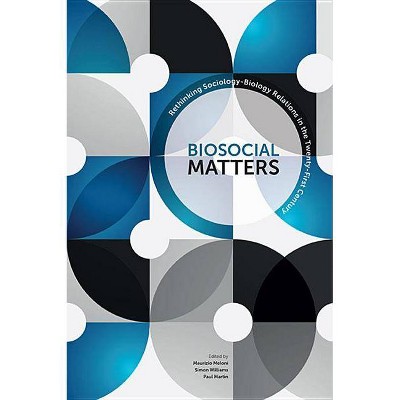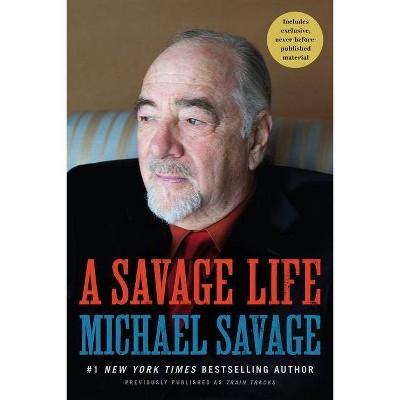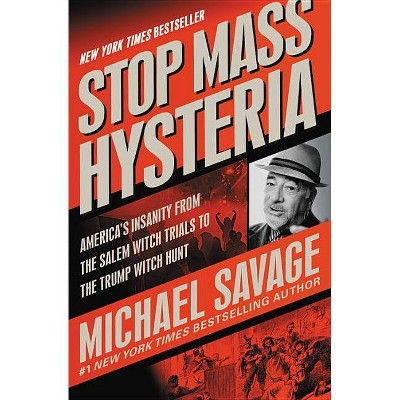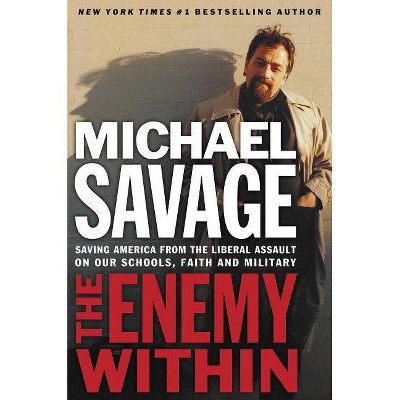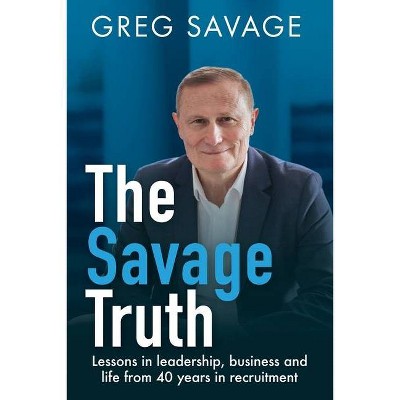Remembering Elites - (Sociological Review Monographs) by Michael Savage & Mike Savage & Karel Williams (Paperback)
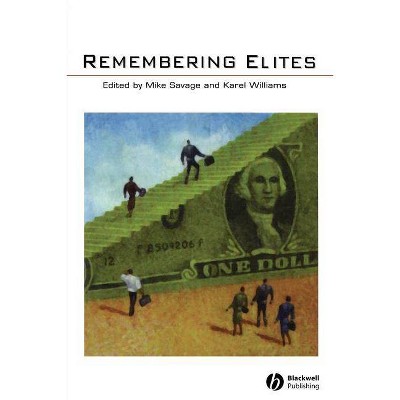
Similar Products
Products of same category from the store
AllProduct info
<p/><br></br><p><b> Book Synopsis </b></p></br></br>This collection will be essential reading for all those interested in the intimate relationship between elites and the remaking of present day capitalism. <br /> <ul> <br /> </li> <li>Investigates how in the last thirty years elites have been forgotten in social sciences but remembered as capitalism<br /> </li> <li>Brings together an interdisciplinary team of contributors including sociologists, anthropologists, political scientists, and management researchers all arguing for and demonstrating the need to resume elite studies<br /> </li> <li>Tackles the paradox of memory and forgetting by explaining how neo-positivism and post-structuralist theory both marginalised elites as intellectual object while financialized capitalism created lucrative new elite positions<br /> </li> <li>Evaluates the historical changes since Thatcher and Reagan and explores the changing elite cultures in the civil service<br /> </li> <li>Explores the possibilities of a Bourdieusian, comparative analysis of business and finance within British and French business networks<br /> </li> <li>Includes essays which balance the concern with financialization on cultural elites and consumption of elites<br /> </li> <li>Considers whether there is still an 'intellectual' cultural elite and contributes empirical studies of elite consumption in the UK</li> </ul><p/><br></br><p><b> From the Back Cover </b></p></br></br>In the last thirty years elites have been forgotten in social sciences but remembered as capitalism has come to reward them in ever more stark ways.<br /> <p>These essays from the ESRC Centre for Research on Socio Cultural Change (CRESC) bring together an interdisciplinary team including sociologists, anthropologists, political scientists and management researchers all arguing for and demonstrating the need to resume elite studies. The issues which this collection explores include: <br /> </p> <p><br /> </p> <p>- How to (re) conceptualise elites in present day capitalism?<br /> </p> <p><br /> </p> <p>- What methods do we need to study elites?<br /> </p> <p><br /> </p> <p>- How significant are elites as social and political agents?<br /> </p> <p><br /> </p> <p>- How has financialisation shaped elite formation?<br /> </p> <p><br /> </p> <p>- How are intermediaries important?<br /> </p> <p><br /> </p> <p>- What about cultural elites?<br /> </p> <p><br /> </p> <p>In pursuing these common issues, the book includes empirical studies of the UK, Canada, Greece, France, as well as various international institutions. A wide range of methods, from survey analysis through social network analysis, ethnographic research and documentary analysis is used to make this the most wide ranging and ambitious engagement with elite studies to have been published for many years.</p><p/><br></br><p><b> Review Quotes </b></p></br></br><br>Brings together an interdisciplinary team of contributors including sociologists, anthropologists, political scientists and management researchers. <i>Society Now</i><br><p/><br></br><p><b> About the Author </b></p></br></br><b>Mike Savage</b> is Professor of Sociology at Manchester University, and Director of the ESRC Centre for Research on Socio-Cultural Change (CRESC). <br /> <p><b>Karel Williams</b> is Professor of Accounting and Political Economy at Manchester University, and a member of the ESRC Centre for Research on Socio-Cultural Change (CRESC).</p>
Price History
Price Archive shows prices from various stores, lets you see history and find the cheapest. There is no actual sale on the website. For all support, inquiry and suggestion messages communication@pricearchive.us
